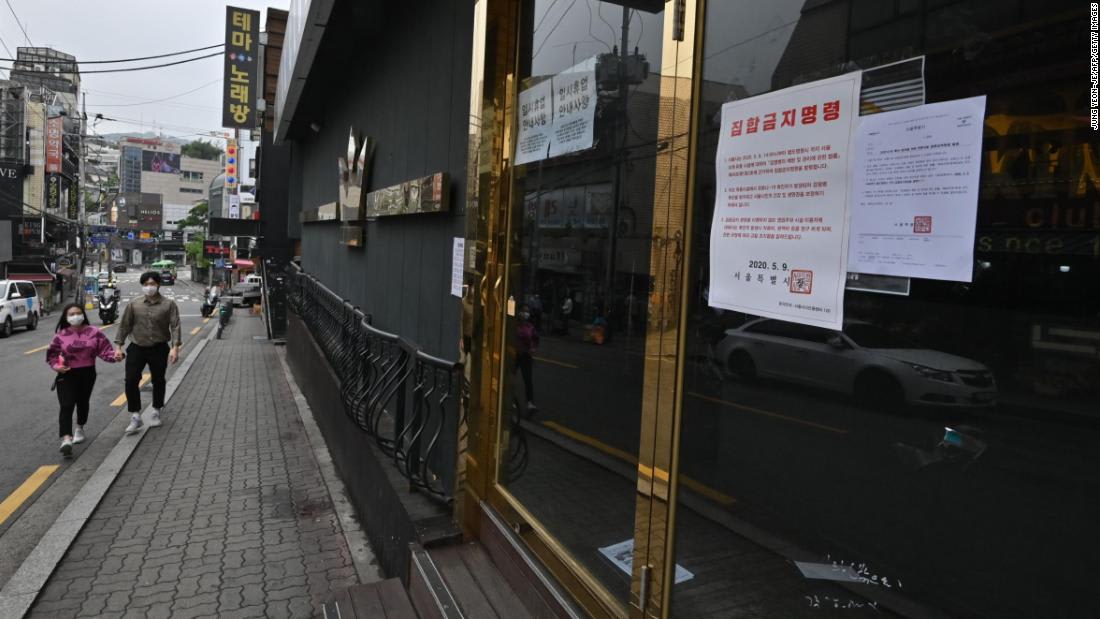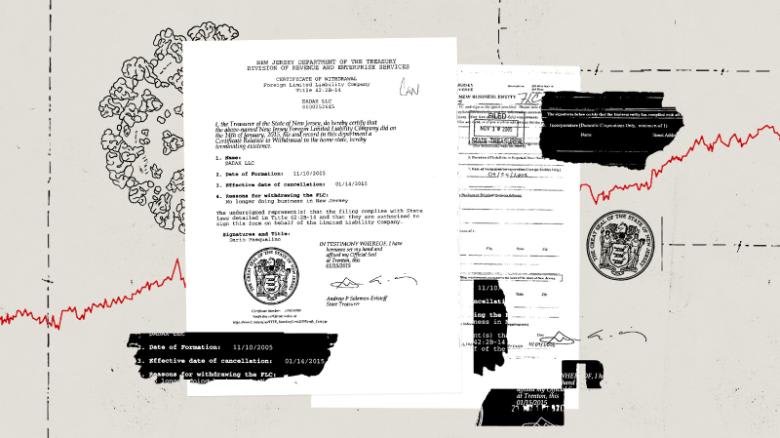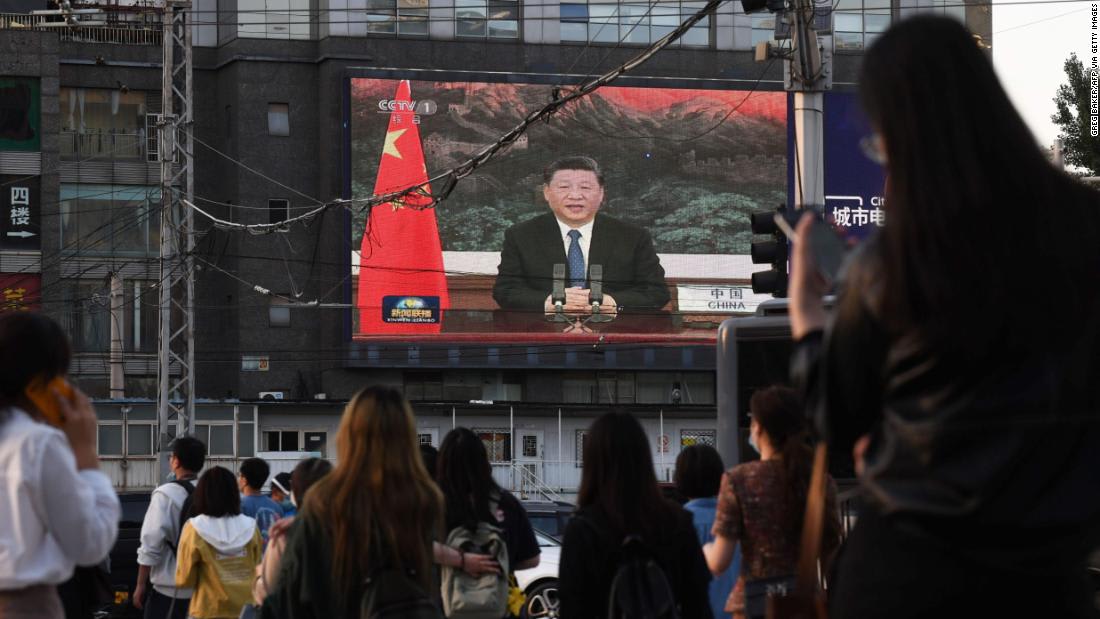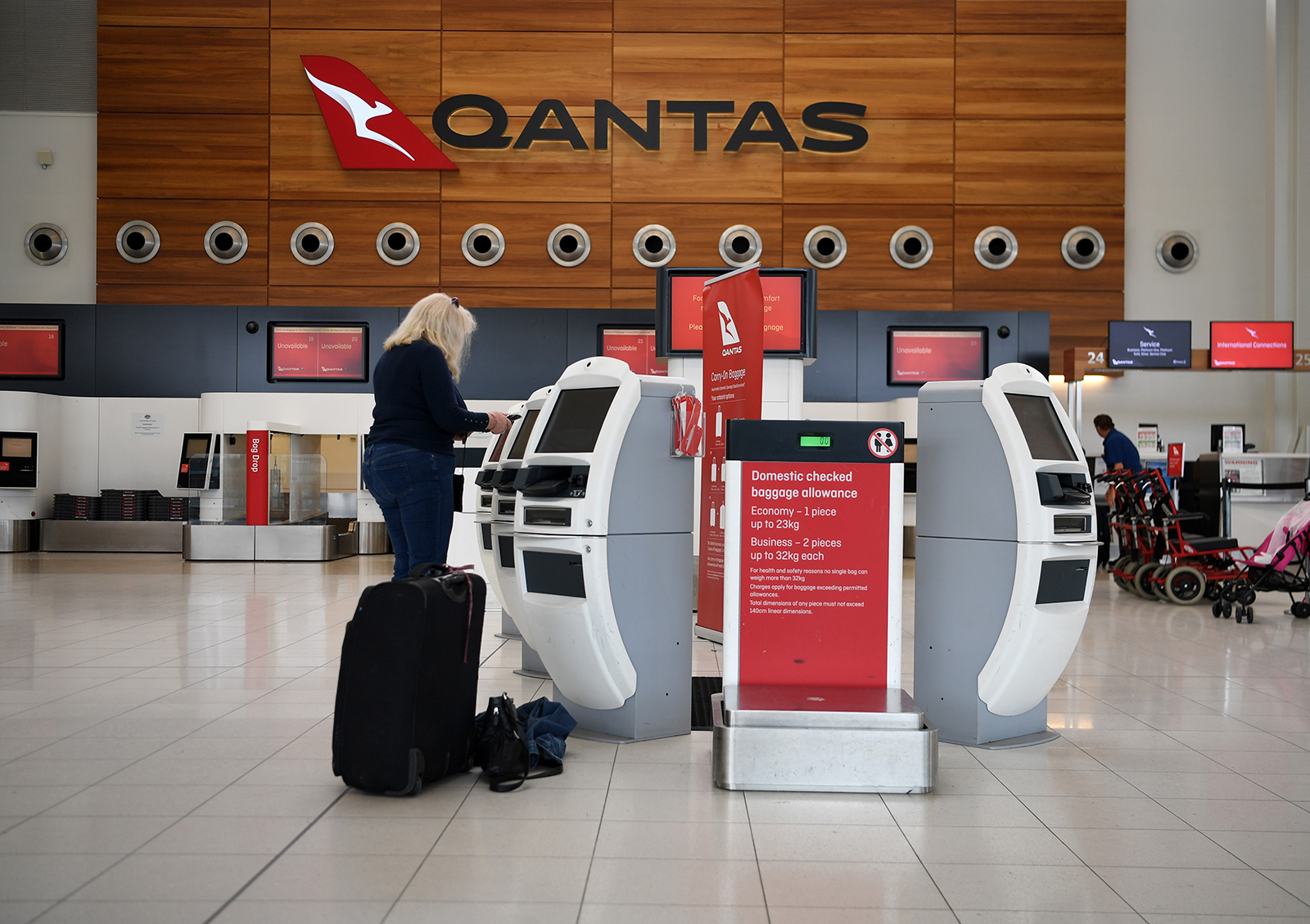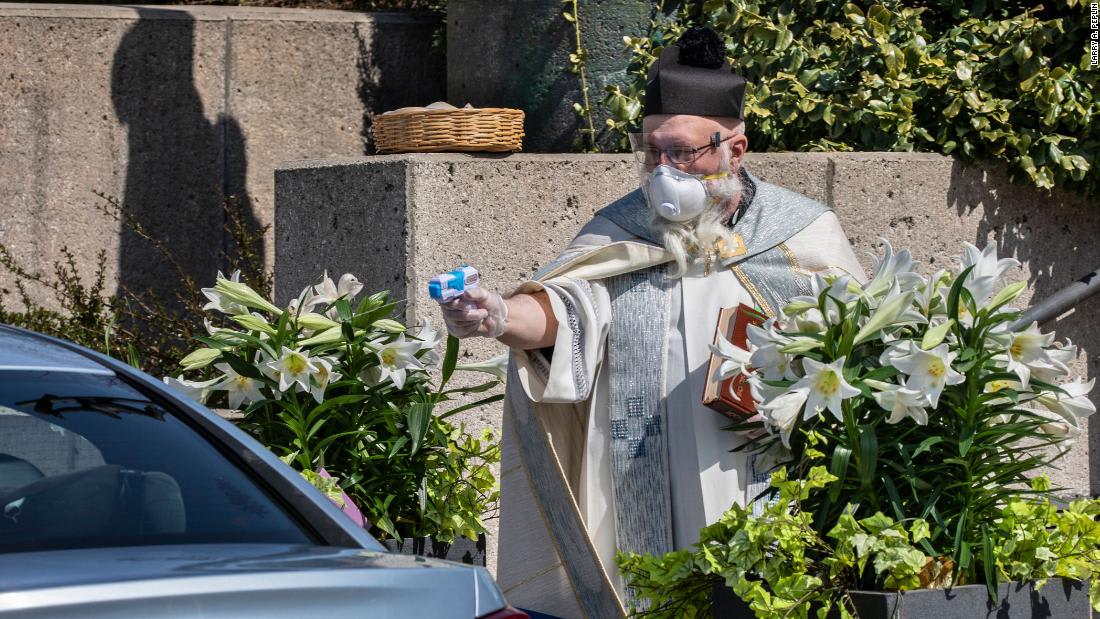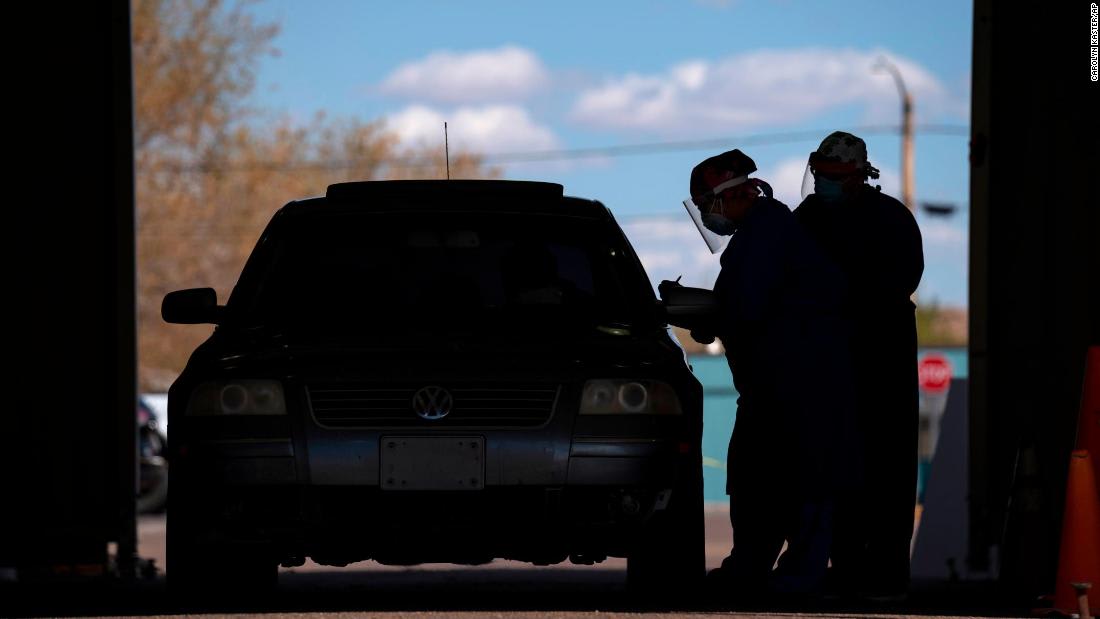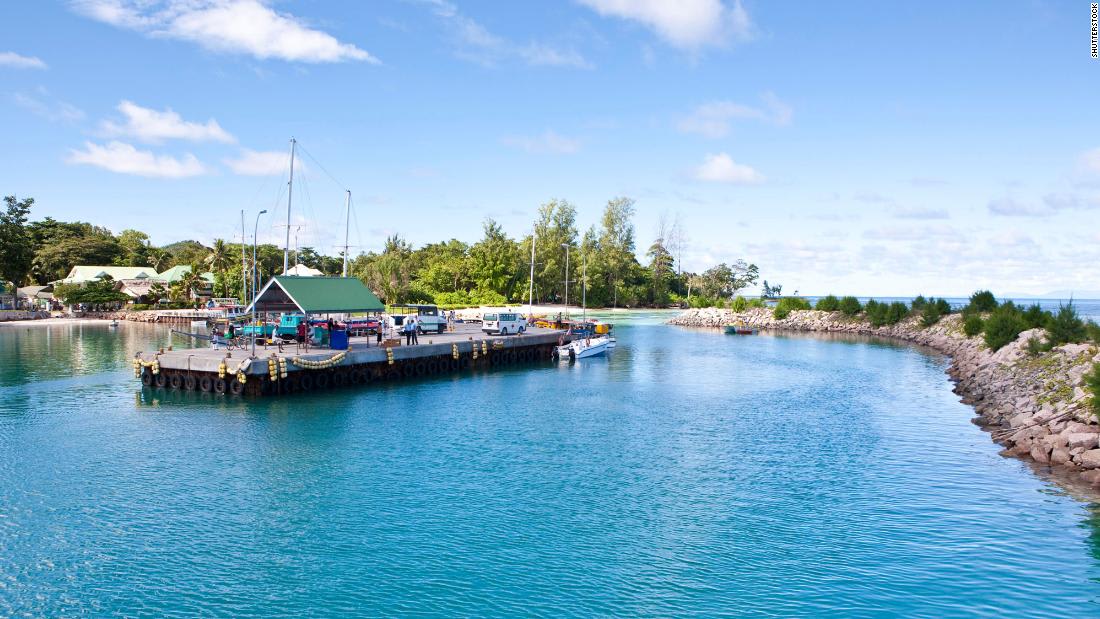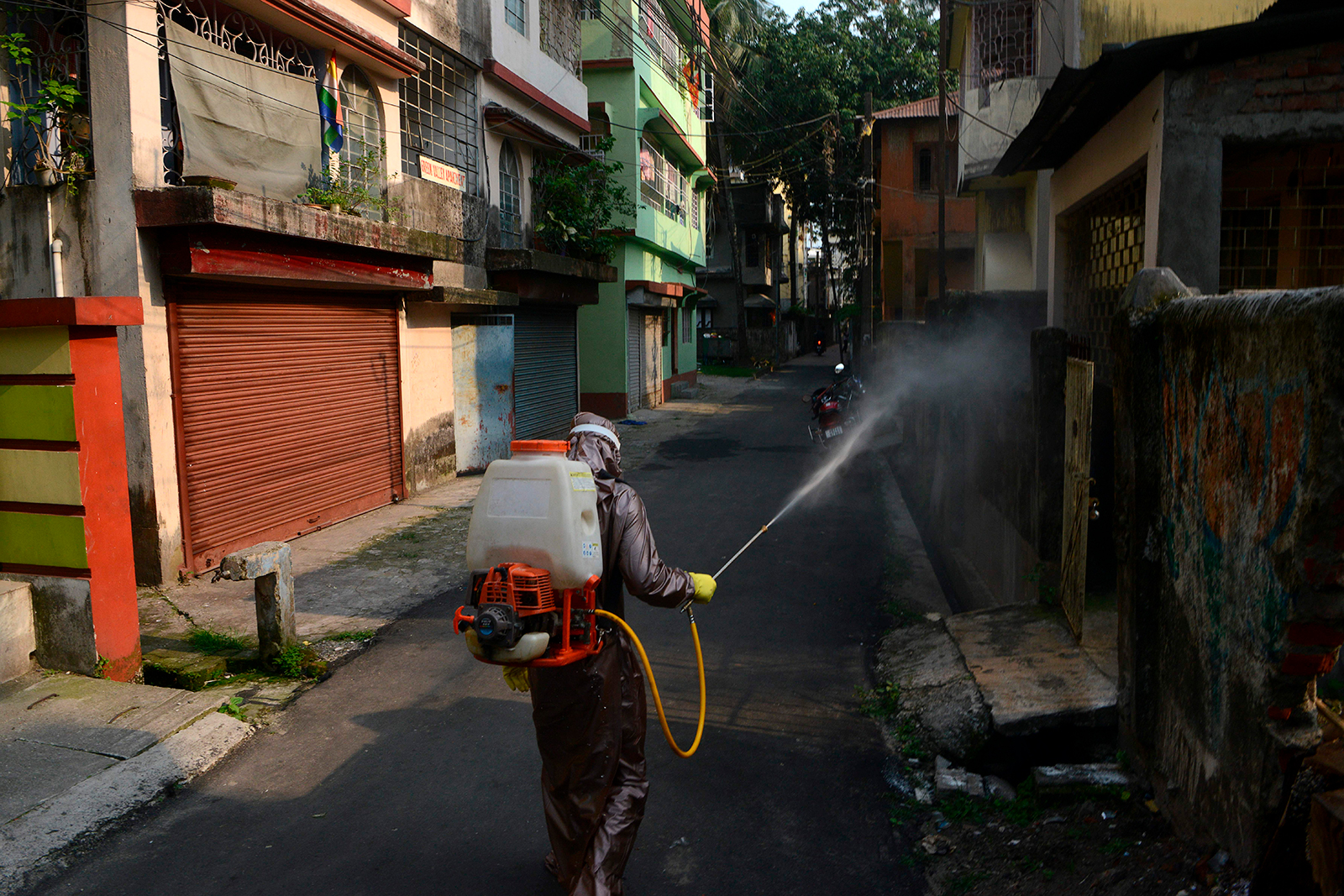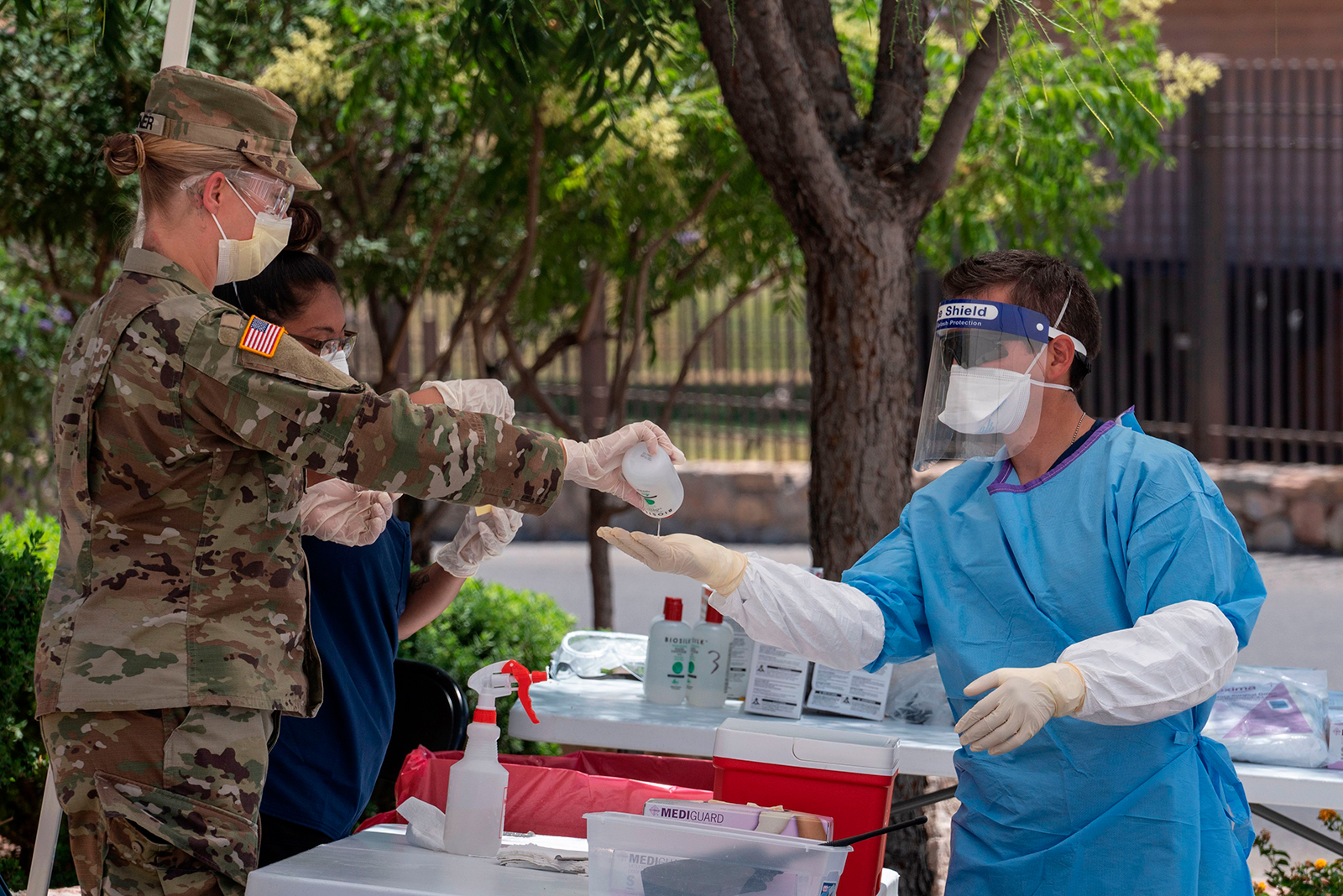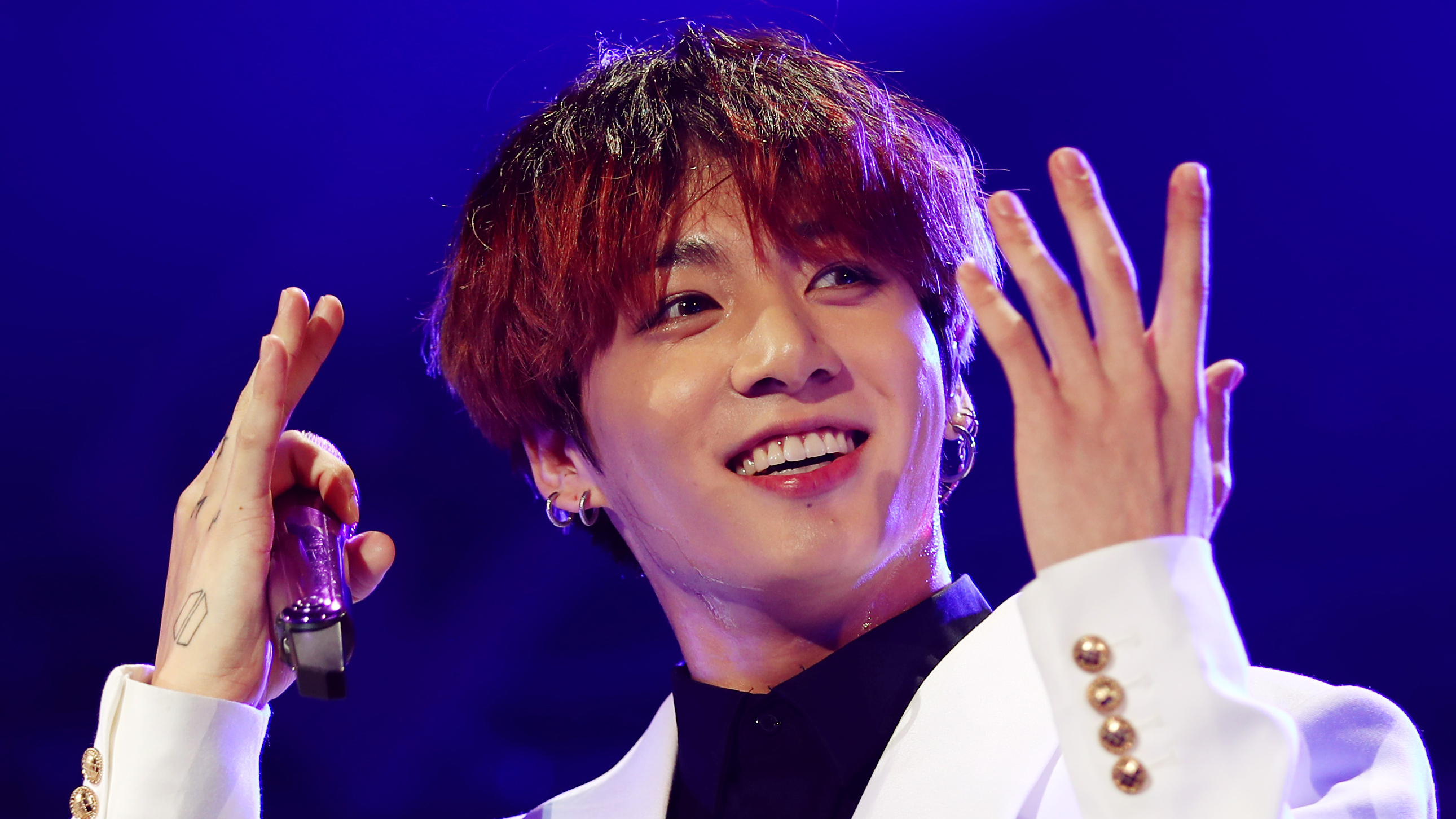
The management of South Korean boyband BTS have apologized after one of the band's members went to bars while the country's strict social distancing rules were in place.
BTS, which has seven members, is one of the biggest bands in the world -- last year it became the first group in Billboard history to spend five weeks at number one on the Billboard Artist 100 chart.
Jungkook -- who, at 22, is the band's youngest member -- visited bars and restaurants in Seoul's nightlife district Itaewon on April 25, BTS' label Big Hit Entertainment said in a statement on Monday.
At the time, South Korea was still under strict social distancing rules, and citizens were encouraged to stay home and limit unnecessary contact with others. Those social distancing rules were lifted on May 6.
A total of 187 coronavirus cases have been linked to an Itaewon nightclub cluster, Kwon Jun-wook, deputy director of the country's Central Disease Control Headquarters, said in a briefing on Tuesday. The first reported case as part of this cluster was a 29-year-old man who visited several clubs in Itaewon on the night of May 1 and the early hours of May 2.
In the statement, Big Hit said that Jungkook went out with friends on April 25. But he did not go to the places that the patient had visited in early May, Big Hit said.
"After his visit, there were no symptoms of coronavirus including coughs or fever; and he had voluntarily taken the test at a designated clinic and the result was negative. The artist himself is deeply regretting that he hadn’t faithfully participated in the grand social endeavor to socially distance," the statement said.
Read more about the Itaewon cluster:
